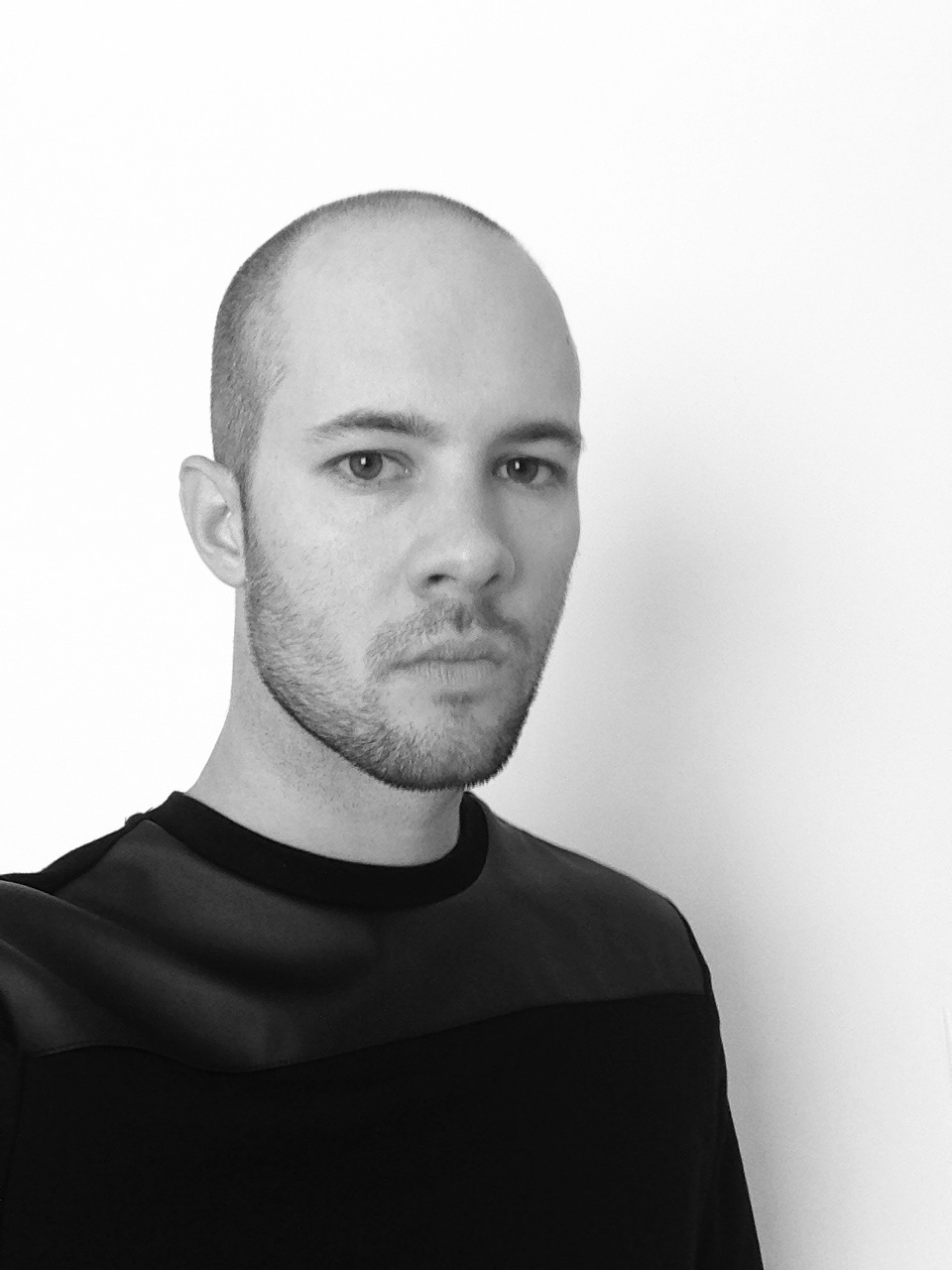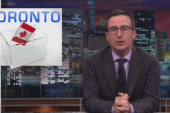
Movers and Starters is an exclusive series that profiles the individuals who drive Toronto’s startup community.
To help mark the relaunch of the Toronto Standard, we’re expanding our local startup coverage. This week, we’re taking a look the five companies that make up Extreme Startups’ spring cohort. In the future, we plan to showcase other accelerators and startups. As always, the focus here is on the individuals that are at the heart of the city’s innovative businesses and technologies.
Today, we focus on Dubb, a startup started by Neven Zeremski. Zeremski and company hope to simplify the process by which people exchange personal and professional contact information.
Can you briefly explain what Dubb is?
Dubb is an app that gives users a simple way to discover personal and professional contacts.
The problem we’re trying to solve is that the contacts that have the most value to us are not ones we already have. In fact, you’ve already tapped most of the potential value from your current contacts; it’s the people that you’re not currently close to that can help you the most. If you think about the way Google helps you discover web pages, our long term vision is for Dubb is to be a search engine for personal contacts.
Let’s say you’re looking for an event planner or photographer, how do you know who you’re looking for if you’ve never met them? If you do a search on Google for an event planner, the results you get probably won’t be relevant to you. What we do is help you discover and connect with people that are relevant to you, and we do that through the power of the crowd, using your the tags and keywords your friends assign to a contact to help with your search queries.
What was the inspiration for Dubb?
I thought it would be something that would be helpful in my own life.
At one point I realized I had a lot of acquaintances and friends, but getting in touch with them was a pain because I didn’t have their phone numbers. Trying to get someone’s phone number from a mutual acquaintance is also a hassle; it feels like you’re bothering the person when you ask them to share someone’s number.
So I started thinking about what would be a good way to connect with people with the least amount of resistance.
I can see a lot of people wondering how Dubb is different from Linkedin. Want to explain how it differs? How do you explain to those people the value of your service?
I think people, as soon as they understand how it works, can see how Dubb is different from Linkedin.
First, Linkedin is dependent on email address for connections, and anyone can connect with anyone. In contrast, Dubb uses mobile phone numbers to connect you with people. Part of the reason we do that is because, in a way, phone numbers have become our new user IDs. There are 1-billion unique email addresses out there and 2-billion unique mobile phone number.
The second way Dubb is different from Linkedin is that it’s tremendously more simple to use; at the same time, it’s more relevant and powerful.
The final way Dubb is different from a service like Linkedin is that we don’t see ourselves as a network; instead, we’re the means to a network. The end network will be WhatsApp, Snapchat, or whatever app comes along the way. If you want to connect with someone on WhatsApp, but don’t have their mobile number, then you can’t connect with them. That’s where Dubb can help.
Can you share one interesting tidbit about yourself that doesn’t relate to your work on a startup?
My parents and I moved to Canada from the former Yugoslavia.
My family is from Yugoslavia, as well.
(Laughs) I guess you can relate to this, then. Most Yugoslavian parents have a similar approach to life. They went to university, and so you have to go to university as well, and then you have to get a job as a doctor, lawyer or something along those lines. Rarely is being an entrepreneur or having a unique vision embraced. My parents only recently got used to me following this way of life.
How did you get started as an entrepreneurship?
My entrepreneurial career started when I went to the Schulich School of Business. I majored in finance, and started working as a income trader after school. Unfortunately, I entered the workforce in 2008, right as the markets imploded. I lost my job and I couldn’t get another one in banking.
It’s funny, but looking back, I think that’s the best thing that could have happened to me. I hated my life as a banker, and I hated waking up at 4am and wearing a penguin suit to work every day.
I started a company called Petaboo. It was a social commerce site for pet supplies, and it was a tremendous failure. I lost $150,000 at the age of 21. But it was a great learning experience.
So in a way, my startup journey started out of necessity, but I look back at it as a blessing, because I can’t picture living without the risks or uncertainties that come with being an entrepreneur. I wouldn’t trade it for the world.
How have those experience informed this startup?
Every company I’ve been a part of has had it’s own learning experience. The first one, Petaboo, when I look back at it, I think, “God, what was I doing?”. I didn’t know anything and I learned by messing up.
For my second company, I did a great job on execution, but, at the same time, I mishandled the business part of it. It was my first rodeo in terms of being acquired, and it wasn’t handled properly. In terms of exits, it could have been a lot better. But, to be honest, I didn’t know any better.
Startups are huge now and everyone wants to build their own company. I see a lot of first-time founders who are doing their own thing. It took me six or seven years to learn some of the stuff that’s helping me now. I always want to share some of my experiences to better prepare them, but in the end, the best way to learn is to go through something yourself. It’s for that reason I happy this new generation of startups embrace failure—as along as you get up quickly and learn from your mistakes.
What does success for Dubb look like?
For me, success for Dubb looks like—and maybe this is a point of maturity on my part—not so much a monetary outcome, though obviously I’d be more than happy to take that, but a startup that has an impact. I want to create something that people will remember. If we haven’t truly made an impact or changed user behaviour, then I wouldn’t consider it a success.
So success for me would someone asking, “Hey, do you know a good dog walker in the city?” and the person they’re asking, telling them to Dubb it.
This interview has been edited and condensed.
____
Igor Bonifacic is a writer working for the Toronto Standard. You can follow him on Twitter@igorbonifacic.
For more, follow us on Twitter @TorontoStandard and subscribe to our newsletter.














